Canadian Cannabis Investor Never Bargained for Surprise Lifetime U.S. Ban
By J.J. McCoy, Senior Managing Editor for New Frontier Data
Just as investors on both sides of the U.S.-Canadian border look to involve themselves in a nascent legal cannabis industry heating up throughout North America, the U.S. Customs and Border Protection has cast a chill by threatening Canadian investors with lifetime visitation bans to their southern neighbors.
Last month, Canada joined Uruguay as the only nations in the world to legalize cannabis for adult use, a development which New Frontier Data has projected to lead to a CAD9.2 billion market by 2025.
When Canada’s nationwide adult-use market officially opens for sales in October, cannabis will be legal for medical or adult-use virtually anywhere on either side of the roughly 6,000-mile border stretching from Alaska to Maine.
Yet, the U.S. Customs and Border Protection has reportedly maintained that while medical and adult-use cannabis may be legal in some U.S. states, it remains illegal under U.S. federal law. Which means that working in the marijuana industry, whether in the U.S. or Canada, can still affect a Canadian’s admissibility to the United States.
A Vancouver investor named Sam Znaimer investor has told several media outlets that he has been banned for life from entering the U.S. due to his legal cannabis investment interests.
“I was shocked,” he told CTV. “I was really overwhelmed. I couldn’t believe that anyone who was as indirectly and peripherally involved in cannabis in the United States could in any way be considered to be involved in any illicit activity. And I was bewildered… because there are Americans, American investment firms, American individuals doing the exact same things as I am with impunity, who are in no way doing anything against U.S. law or policy.”
He added that “there is no due process available for me. A Homeland Security officer and an individual found me to be inadmissible. I’ve been banned from the U.S. for life and there is no appeal process. If I was an American citizen or resident there, there would be an appeal to various courts but for me none of those things are available.”
The timing and the severity of the government’s threat is leading to legitimate worries, regardless of frequency.
“Canada is about to become the first G20 nation in the world to fully legalize cannabis and the implications are enormous,” said Giadha Aguirre de Carcer, founder and CEO of New Frontier Data. “Canada has matured as a market. [Act 212] could have a very damaging effect to legal cannabis businesses in the United States, and it could do so to the point of crippling the market.”
Repeated attempts to find industry contacts willing to go on the record proved fruitless. As one explained, “we wanted to comment and share our frustrations and concerns, but the reality is that it’s a risk for us to put our names out there. We want to be able to continue traveling for business and vacations, so it just does not make sense for us to make our concerns public right now.”
Writing in Forbes, Kevin Murphy, founder and CEO of Acreage Holdings, described the idea as “this administration’s most recent crackdown on the cannabis industry [and] just the latest folly along the inevitable journey toward Washington embracing an industry that benefits our economy and that of our closest trading partner, provides vital jobs and tax revenues, and helps sick patients alleviate their symptoms.”


J.J. McCoy
J.J. McCoy is Senior Managing Editor for New Frontier Data. A former staff writer for The Washington Post, he is a career journalist having covered emerging technologies among industries including aviation, satellites, transportation, law enforcement, the Smart Grid and professional sports. He has reported from the White House, the U.S. Senate, three continents and counting.


